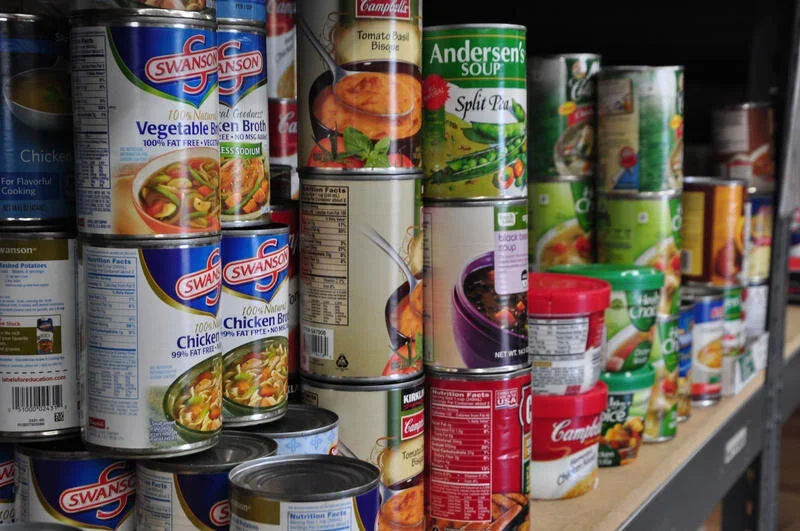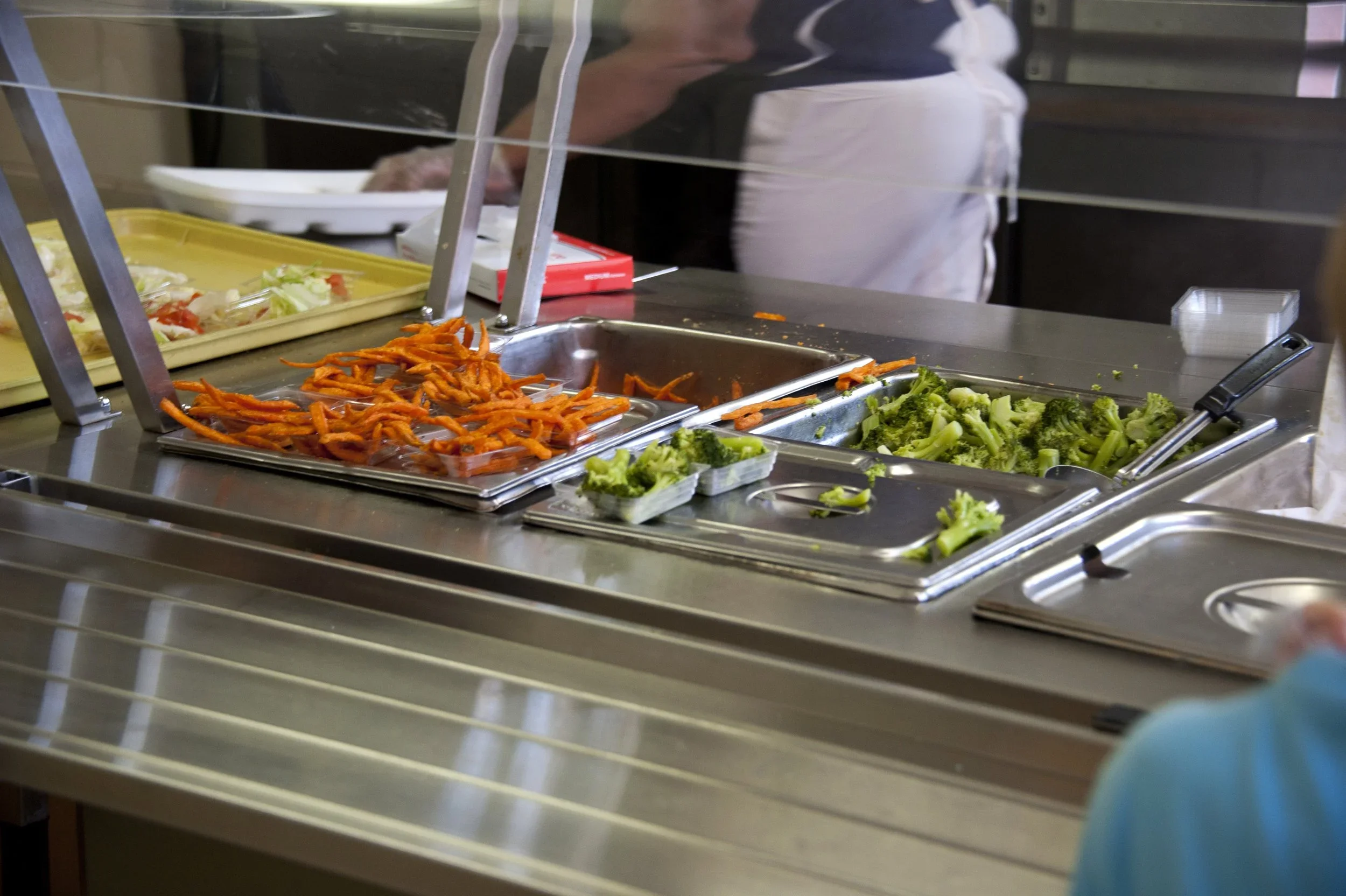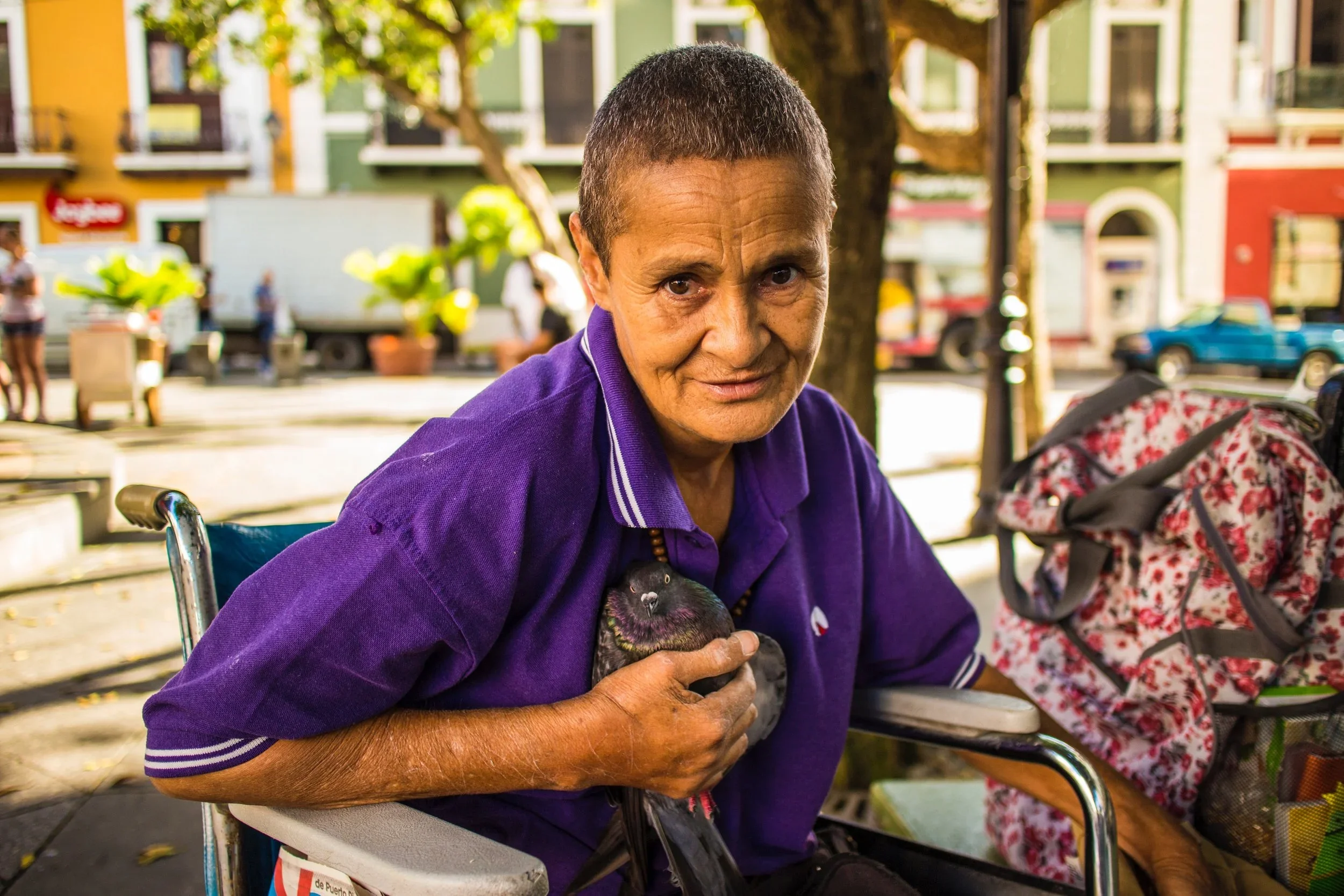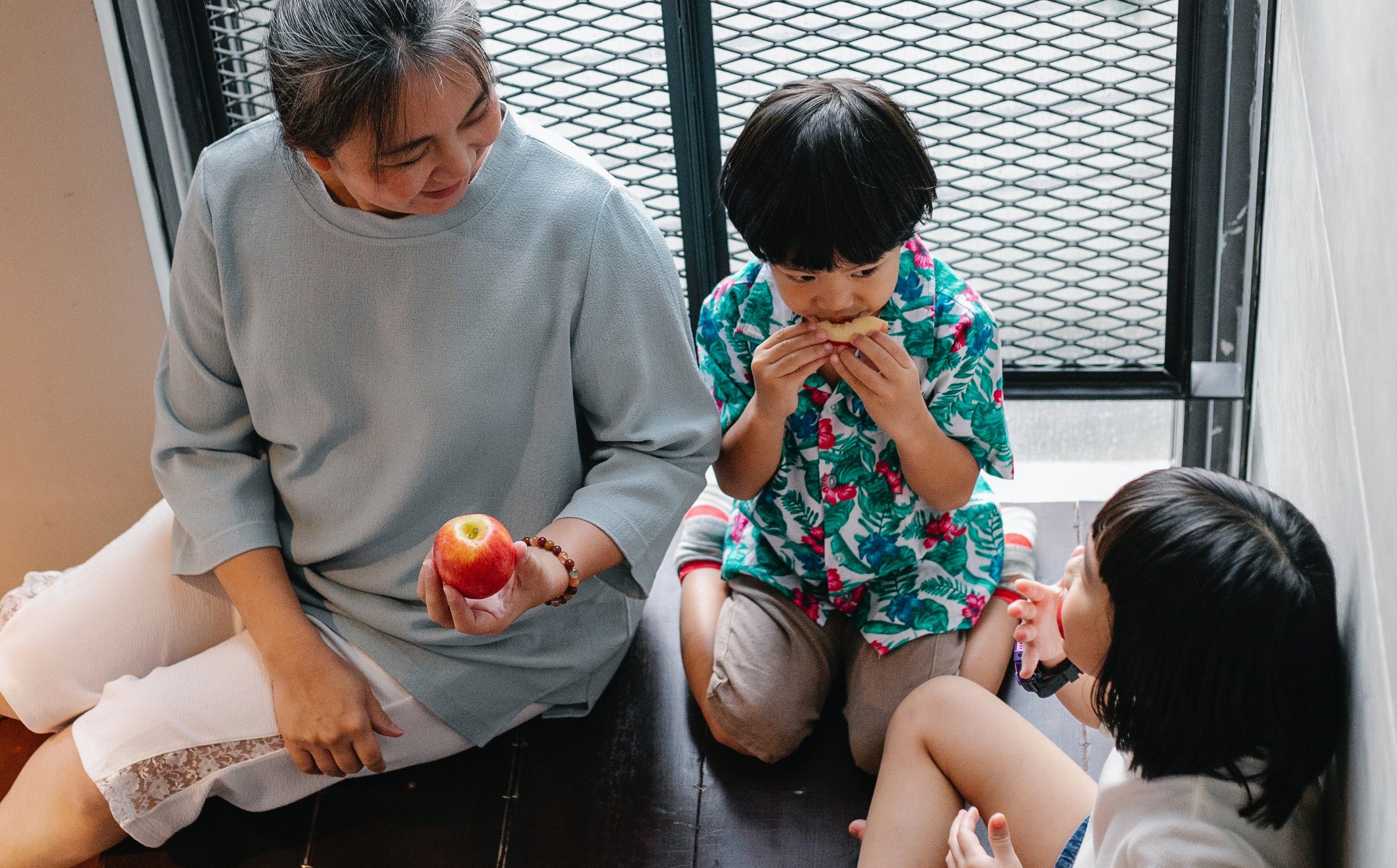
Some Honolulu charter amendment proposals seek to improve food security, farming
Nearly 280 proposed charter amendments have been submitted to the Honolulu Charter Commission, including several with a focus on improving farming or ensuring that residents don’t go hungry.

How City Council could improve food security for Oʻahu residents
The Honolulu City Council should work on disaster planning, summer feeding programs for children, kūpuna programs, and direct funding for food banks.

More Hawaiʻi residents are going hungry, new statewide report shows
The report was produced at a time when food security was bad in Hawaiʻi. But now, advocates say, it’s even worse.

Aloha helps keep Hawaiʻi fed even during SNAP crisis
Still, food banks are seeing unprecedented increases in demand that will likely continue for months.

Mom-and-pop stores losing EBT customers struggle to survive
It’s not only making it harder for families to put food on their tables. It’s also affecting people’s livelihoods.

Hawaiʻi DOE wants another $30M for a facility that hasn’t been built
The Department of Education is pinning its local food buying goals on a central facility, and the budget is getting bigger and bigger.

Kūpuna at risk: How federal changes to SNAP impact older adults in Hawaiʻi
Even within these new constraints, Hawaiʻi can innovate by combining or re-imagining existing programs to expand access and strengthen support for our seniors.

Four Hawaiʻi nonprofits receive investments as SNAP cuts loom
More than 13,000 people in Hawaiʻi could lose some or all of their benefits each month once expanded work requirements are implemented.

No one will say why school lunch costs Hawaiʻi DOE $9 a plate
Lawmakers have pushed the education department for more details on the costs of running its school meal program.

Food insecurity forum focuses on current and future needs in Hawaiʻi
Keeping struggling individuals properly fed is already considered a growing challenge, locally, even as the threat of federal funding cuts leave an uncertain future for SNAP and, consequently, food banks as well.

Proposed cuts to food stamps program could be ‘horrific’ in Hawaiʻi
Under Republican proposals, Hawaiʻi could face more than $100 million in new costs to maintain the food stamp program.

Wins for food access and low-income families at the 2025 legislative session
While there’s still more work to be done, this year’s wins have laid the groundwork for a future in which food access is treated as a right, not a privilege.

State passes a bill to expand free school meal access
The bill, SB1300, will go into effect with the upcoming 2025-26 school year and will cover students whose family income is not more than 300 percent of the federal poverty level.

Column: Expand free school meals, because all keiki deserve to eat
Nearly 1 in 3 households with children struggles to put food on the table. For these children, school meals may be the only balanced meal they get in a day.

As federal support fades, farm to families could fill the gap
Now, more than ever, investing in local food systems through programs like Farm to Families is a necessary strategy to build Hawaiʻi’s economic resilience and reduce food insecurity.

Latest USDA cuts will harm Hawaiʻi’s food security, from farmers to kids
Hawaiʻi’s food security is already weak. Nearly one-third of children in the state live in a food insecure home and the demand for food banks is on the rise.

Why is SNAP failing Hawaiʻi residents?
It’s time for the state to invest in a more resilient, independent social safety net system that can keep working families going regardless of chaos at the federal level.

Farm To Families is a win for Hawai‘i’s farmers and families
Bills pending at the Legislature would create a steady and dependable market for locally-grown food.

14,000 more Hawaii families may be eligible for SNAP benefits under new rules
Department of Human Services says it is unsure when it can make the eligibility fix because it requires changes to the state’s 40-year-old computer system.

Hawaiʻi food insecurity persists post COVID-19
Even as Hawaiʻi distances itself from the harshest effects of the COVID-19 pandemic, anti-hunger advocates say that elevated food insecurity among residents has not only persisted but is growing.
